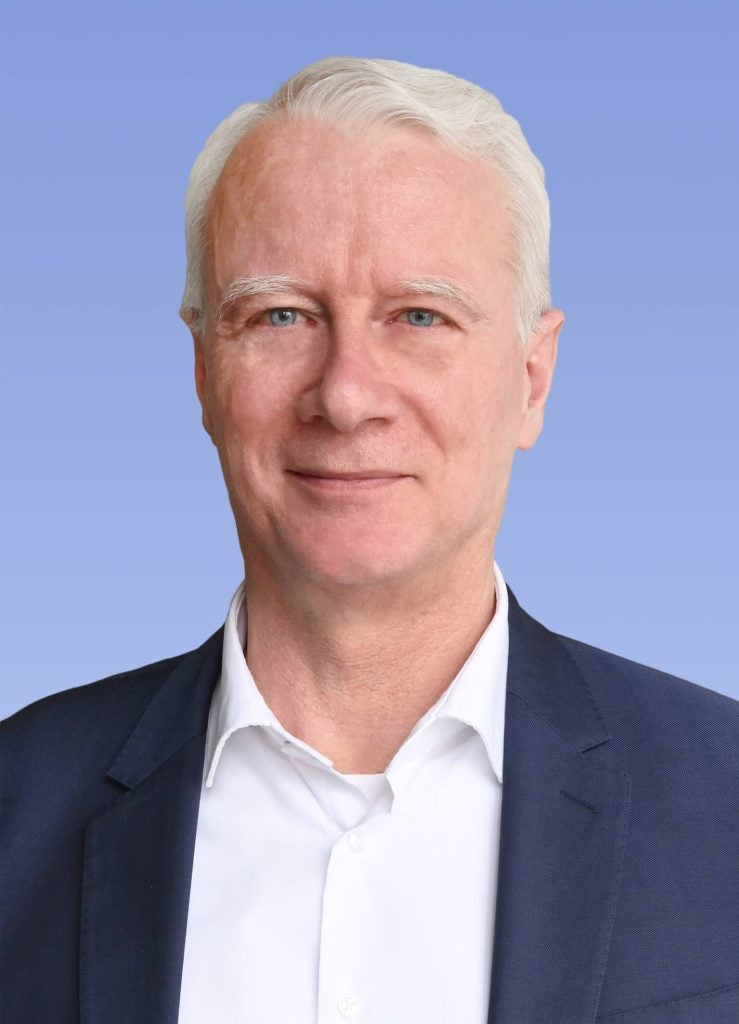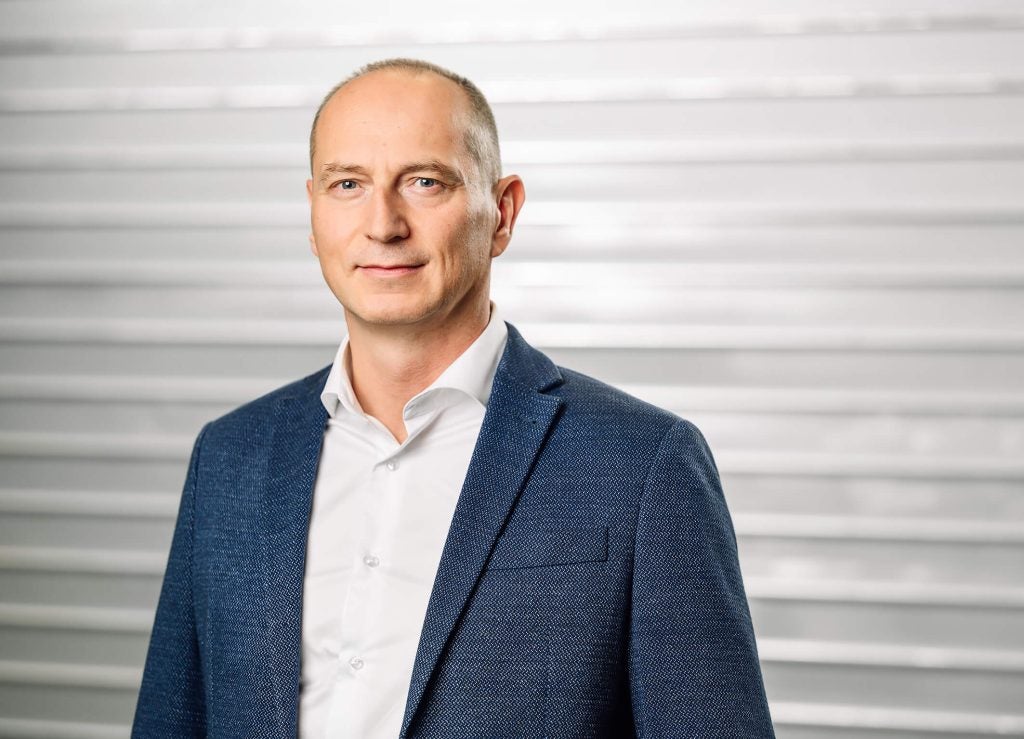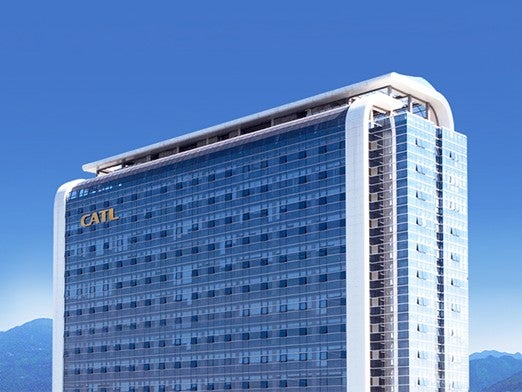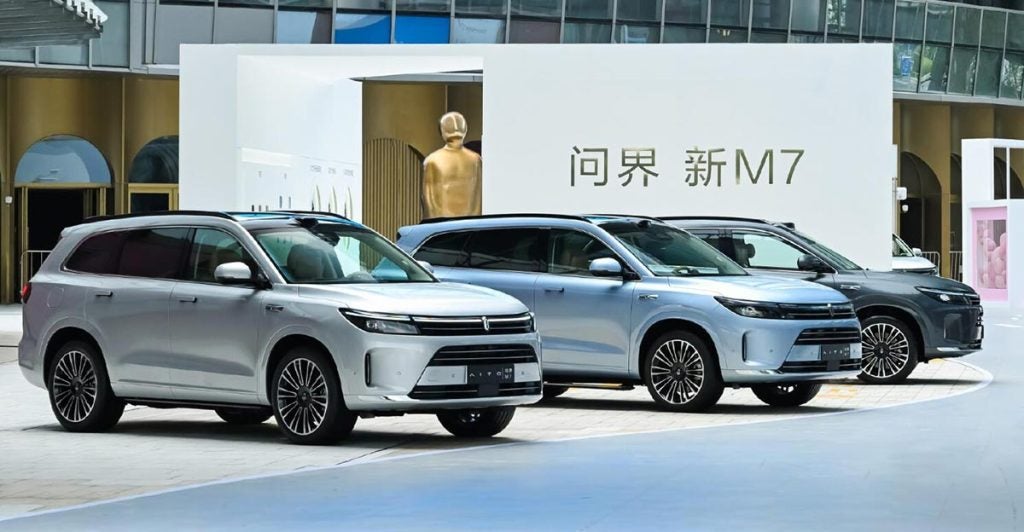
Yanfeng Automotive Interiors (YFAI) has plumped for an innovative way to address fierce competition for skilled labour – by moving into university classrooms and at the same time as the supplier insists: “We’re hiring.”
In common with many other automotive suppliers, Yanfeng is finding it challenging to attract sufficient numbers of specialist recruits, so is addressing the issue head on by giving its own lectures at the Faculty of Special Technologies at Trencin University.
Trencin in Slovakia – lying 200 miles from the Ukrainian border – is where Yanfeng’s Technical Centre is located with the country having become a central European automotive powerhouse. That much can be gleaned from the myriad car transporters moving vehicles from the many automakers located in Slovakia and serviced by copious numbers of suppliers, anxious to remain as close as possible to their OEM customers.
The automotive sector is the main industry in Slovakia employing around 300,000 people. While formerly known for car production, the emergence of Tier 1 suppliers is adding significant technical capabilities to the country.
In a creative bid to ingrain automotive zeal and skills into potential future employees, Yanfeng provides lectures at Trencin University in Automotive Technologies, Interiors Development and Integration.
It is not the only supplier to make lectures available but is the sole component manufacturer making these available on a year-long basis in several subjects at Trencin University. Students enrolling on the courses, which are free of charge, are made aware they are provided by Yanfeng.
As well as Trencin University (Faculty of Special Technologies and Faculty of Industrial Technologies), the supplier also cooperates with other educational institutions in the country. These include: University of Zilina, Faculty of Mechanical Engineering; Slovak Technical University Bratislava; Faculty of Materials Science and Technology in Trnava; Technical University of Kosice, Faculty of Manufacturing Technologies in Presov and the University of Agriculture in Nitra, Technical Facility.
“It is more and more a global situation [recruitment] – we see that in each and every location in Europe,” said Yanfeng CEO EMEA & North America, Francois Stouvenot at a briefing of the supplier’s expanded R&D activity at its Trencin facility.

“We need to create a better connection with universities, technical high schools, to attract young people and develop them towards technical leadership. This is true for Slovakia and across Europe.
“We need to attract young talent into the automotive industry. Today it’s a challenge, there is high competition.”
Lectures are either one-off or consist of courses lasting a year, depending on the University, while Yanfeng also offers diploma theses to its employees. The supplier also invites students to its Tech Centre and arranges challenges in various topics, in cooperation with company mentors.
“Collaboration with Universities, especially with the technical faculties, allows us to have the required educated, young, motivated people,” Yanfeng engineering director and Trencin Tech Centre site leader, Ivan Kebisek added to Just Auto.
“Trencin is a kind of [automotive] hub where a lot of Tier 1s are doing R&D activity and our company has a kind of contract with the Technical Faculty and our employees are going there.

“We have a dedicated number of hours per subject where we are going to provide the lectures, for example, automotive safety. We are just preparing the programme for next year and would like to use our material expertise.
“It’s not easy [to find employees] – all these activities we are not doing just for fun. It is really necessary if we want to be competitive in this environment especially now the labour market is very stretched.
“Unemployment in Slovakia is one of the lowest in history…therefore we have to be very active.”
Yanfeng made its remarks as it increases its R&D activities in Europe with new equipment at its Trencin Tech Centre focus focusing on the company’s Safety Systems business, complementing the existing interiors product portfolio and testing capabilities at the site.
Yanfeng chief engineer Daniela Bystricka has been responsible for all testing activities and the test lab in Trencin since 2019, drawing on her near 20 years experience in the automotive sector.
Since the site’s inception in 2017, total investment now stands at 4m euros ($4.4m), with the new safety equipment alone benefiting from a 2.5m euro cash injection. The majority of the new equipment is for steering wheels and airbag module testing, with the 180 Trencin employees working in a newly-constructed area for Safety Systems testing.
The company’s safety technology includes a smart steering wheel, which warns drivers through visual signals or vibrations if they unexpectedly stray from their lane, to seating systems with automatic seat belt tightening, restraint systems and airbags.
“Airbag modules and steering wheels are crucial for driver and passenger safety,” noted Kebisek. “This applies both to airbags, which only work once, as well as steering wheels which must function continuously every day.

For his part, Stouvenot added: “Yanfeng is the only automotive supplier which offers in-house passive safety solutions and interior integration from a single source. “With our expertise in interiors, seating and passive safety, we are able to develop holistic interior solutions with integrated safety systems.”
Trencin Technical Centre is one of two Yanfeng European R&D sites in the supplier’s global engineering network.
It supports the Tech Centre at the company’s European headquarters in Neuss, Germany with environmental, functional, durability and material test for components including instrument panels, cockpits, door panels and floor consoles.
Testing has recently been extended to include the passive safety portfolio.
One of the more unusual procedures the company carries out involves testing airbag modules with dust from the Arizona desert for five hours, ensuring functionality remains intact. Other test equipment includes a mechanical shock station, drop tester and, inflator deployment machine as well as additional climate and salt spray chambers. All airbag modules must go through all test stations and pass.
A new temperature shock tester and robot test system have also been installed. That temperature analysis includes replicating extreme conditions ranging from -40C to +120C, while climate variation cabinets, UV-light resistance and weathering tests, sun simulation and ageing evaluation can also be used on components.
Widening the theme to macro affairs, the Yanfeng EMEA & North America chief cited the sheer unpredictability of recent global events such as the Covid pandemic, microchip shortages, war in Ukraine and inflation.
“The only answer we can have is to be agile,” Stouvenot, who was previously Dura Automotive Systems CCO and deputy CEO in Detroit, told Just Auto. “There is a trend to localise manufacturing in every region, even China.”
Part of that bid to ensure more stability is Yanfeng’s application to become a full member of European automotive supplier association, CLEPA, based in Brussels, which it hopes will come to fruition “as soon as possible.”
Yanfeng has 67,000 employees in 240 locations in 20 countries. Last year the supplier posted worldwide sales of $15bn.
Simon Warburton





